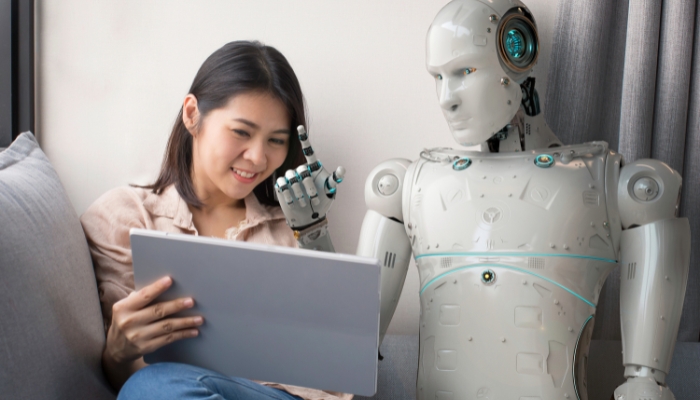Technology
The World’s First Human Brain-Controlled Robot Unveiled

- Chinese scientists have created the world’s first human brain-controlled robot, integrating living neurons for direct brain interaction.
- The breakthrough promises transformative applications in healthcare, space exploration, and ethical considerations in bio-robotics.
Chinese researchers have made history with an extraordinary advancement for neuroscience and robotics – they’ve unveiled the world’s first human brain-controlled robot! This groundbreaking development marks an historic step toward unifying biological intelligence with artificial systems.
A groundbreaking robot which incorporates human brain cells as its control mechanism represents a remarkable combination of cutting-edge technology and biological innovation. This remarkable achievement stems from research at Beijing Academy of Neurosciences and Robotics where, by harnessing electrical impulses generated from human neurons directly from brain cells, scientists have successfully enabled their creation to interpret and execute commands directly from human minds.
Dr. Zhang Wei, lead researcher on this groundbreaking project, explained its profound ramifications: “Our aim was to design a robot which not only mimics human actions but also responds to their thought processes. By embedding living neurons into its circuitry we achieved unprecedented responsiveness and adaptability within robotics.
Brain-controlled robots hold far reaching implications that transcend conventional robotics. From healthcare to space exploration, their applications span everything from healthcare to human-machine interaction – think paralyzed patients controlling robotic limbs using only thought signals or astronauts controlling equipment on distant planets through brain signals alone! The applications for such technology go well beyond what was imagined for traditional robotics alone.
Ethical considerations must also accompany advances like these. Dr. Li Ming, a bioethicist involved with this project, emphasizes the need for responsible innovation: As more advancements occur that combine biology with technology, ethical frameworks must be put in place that ensure respectful use of human brain cells in robotics systems.
Going forward, the team plans on further refining and expanding the capabilities of their robot and expanding its uses – from surgical procedures to supporting people living with disabilities or providing personal assistance – its potential applications could prove immense.
At its heart, the creation of the world’s first human brain-controlled robot represents a landmark achievement toward realizing biological and artificial intelligence together. As humanity explores this new frontier together with scientific innovation and ethical stewardship, humanity may enjoy a future where technology enhances our humanity while upholding fundamental values.

















































